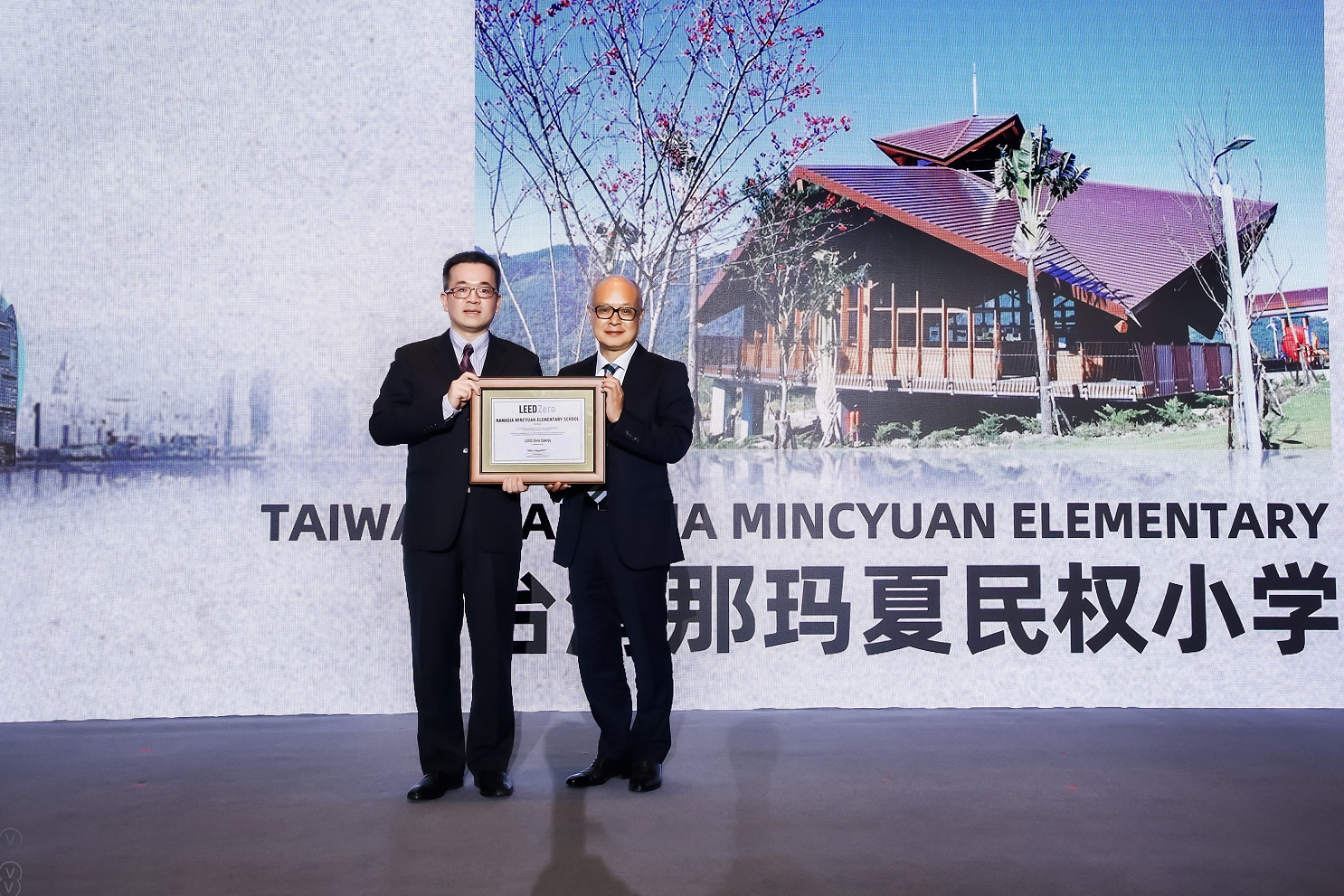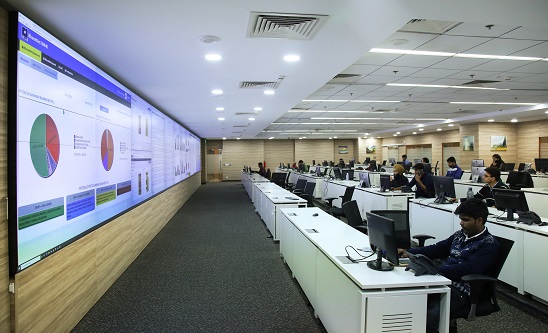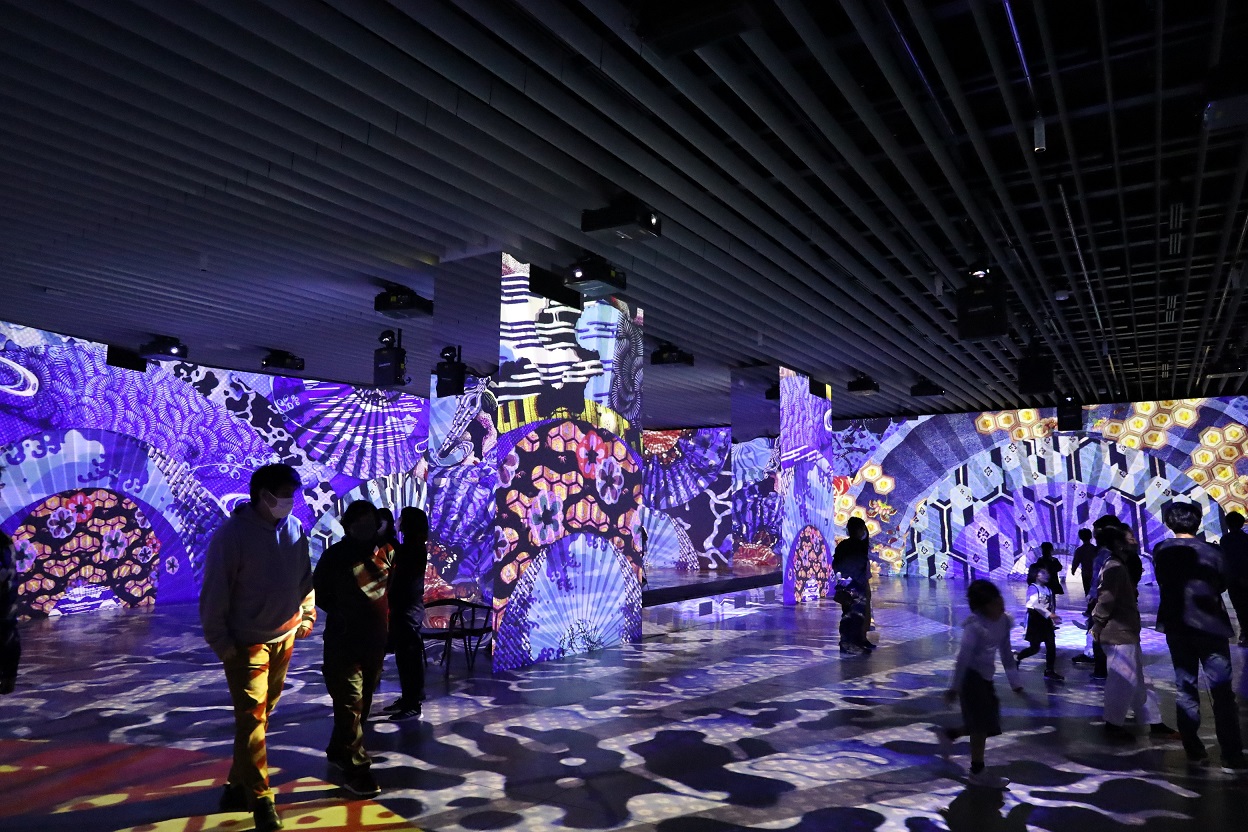Delta has once again won international recognition for realizing the dual carbon goal with "architectural" actions. The Namasia Mincyuan elementary school campus, which was reconstructed as a green building by Delta following the devastation of Typhoon Morakot in southern Taiwan in 2009, was certified LEED zero-energy at the "Carbon neutrality and empowering of zero-energy communities and cities by 2060" summit and award ceremony held in Shenzhen by the U.S. Green Building Council (USGBC) on November 30, 2021. Following this honor, the eco-friendly building has become the first academic facility in Asia to be awarded the LEED zero-energy certification. Since the launch of Namasia Mincyuan elementary school more than 10 years ago, the student body has doubled but its electricity intensity has declined enough to achieve net zero-energy consumption for three consecutive years, thanks to Delta's energy-saving solutions that comprise an energy storage system to store excess solar energy during the day for night lighting and the operations of IT equipment. This international summit not only welcomed 150 professionals as in-person participants, but was also watched live via the Internet by over 70,000 viewers.
On 50th anniversary, Delta has launched a series of initiatives under the theme "Sustainable Conservation, Nurturing Life," where "Sustainable Conservation" refers to the effort to enhance energy efficiency and savings while "Nurturing Life" bears the meaning of protecting our environment. The certified Namasia Mincyuan elementary school campus constitutes one of Delta's sustainable conservation initiatives. A host of energy-efficient designs were implemented at Mincyuan elementary school in Namasia in harmony with the local climate conditions, such as a solar PV power system to make the most out of the sufficient sunlight in the area, as well as an energy management system and energy storage equipment to integrate, store, and manage the green energy generated. In addition, the campus has also been utilized as a temporary shelter to accommodate 6,500 local residents during mudslide warning periods, thereby achieving the goal of becoming a viable community shelter during natural disasters.
Mr. Eason Chen, Director of the public affairs division at Delta Greentech China, received the certification on Delta's behalf and introduced the case of Namasia Mincyuan elementary school. Based on the one-year data collected by the school from August 2020, the volume of renewable energy generated was 21,503 kWh, exceeding the total energy consumption of 21,323 kWh. With the relevant documentation, the school passed the rigorous review process conducted by the USGBC, thus becoming the first school in Asia to be awarded the LEED Zero-energy certification.
As an example of mitigation and adaptation, the green campus building has been presented at the side events of the UN Climate Change Conferences (COP) by Delta and was showcased at the Grand Palais in Paris during COP21 where it received enthusiastic responses from international opinion leaders. At this year's 26th UN Climate Change Conference of the Parties (COP26) in Glasgow, Delta also presented this school as a representative case at a side event on net-zero transportation and architecture, to specifically echo the conference's commitment to the 1.5°C climate goal.

Mr. Eason Chen (left), Director of the Social Welfare Affairs Division at Delta Greentech China, received the LEED certification on Delta's behalf and introduced the case of Mincyuan elementary school in Namasia
Mr. Michael Zheng, President of Delta Controls China, was also invited to share Delta's technological capabilities and future plans for smart buildings at the "Carbon neutrality and empowering of zero-energy communities and cities by 2060" summit. Delta’s building solutions can help meet the relevant requirements that contribute 50 out of 110 points for LEED certification and also 39 out of 110 points for WELL certification.















